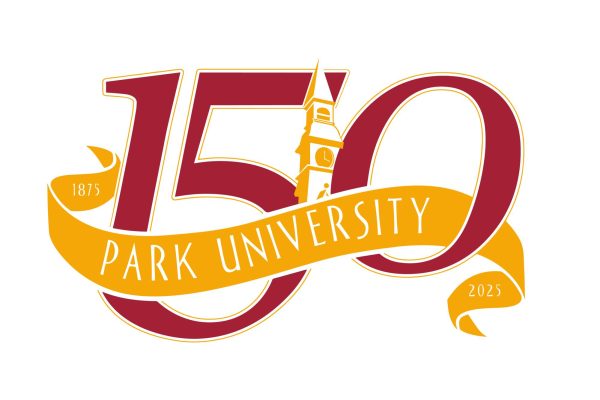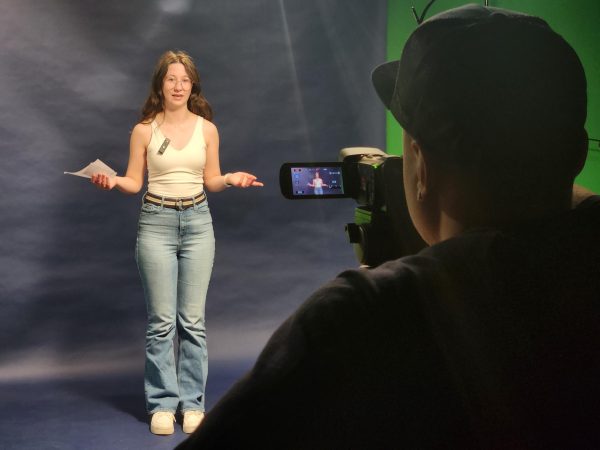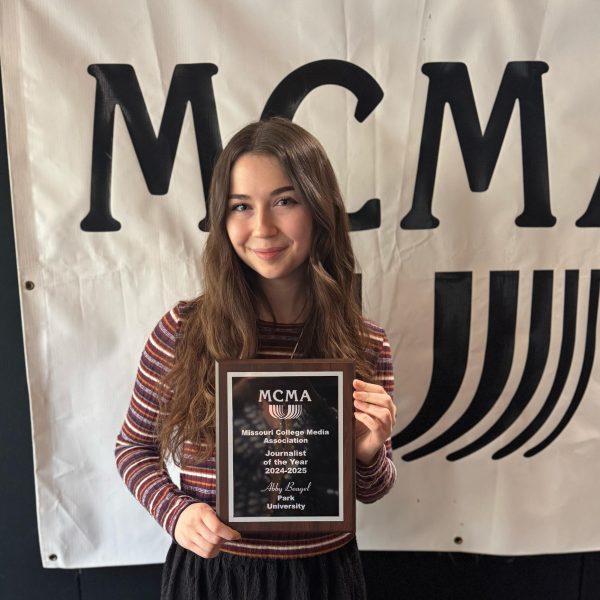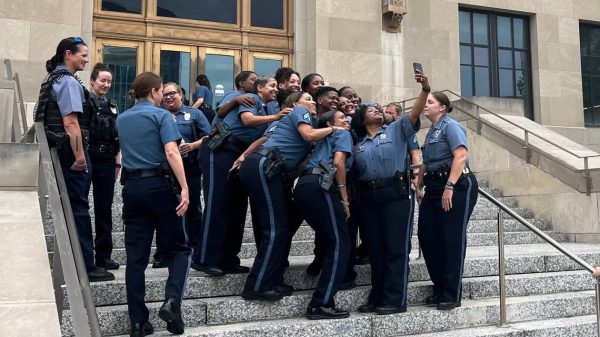New science professor dissects learning
Some students have distinct memories of animal dissection in high school.
It is the one week of the school year when you ponder where “feral cats” really live and the smell of formaldehyde continuously burns your nose long after you have left the lab.
Without fail, one student would flick some biological fluid onto themselves and shriek so loud you feared the animal would regain life.
In this instance, Jeff Kimmons would be chuckling in the back of the lab, delighted with the dirty process of hands-on biology fun.
Kimmons, assistant professor of biology in the natural and physical sciences department, developed his interest in science when he was growing up.
“My father was a veterinarian, so I kind of fell into [science]” he said. “I liked answering questions.”
Kimmons received his Ph.D. at the University of Arkansas where he studied energy dynamics of sea birds in the Gulf of Maine.
He spent his summers sampling bird feathers to determine energy differences on various islands and studying thermoregulation of birds.
Kimmons took his first teaching assignment at Missouri Valley College, where he taught anatomy and physiology classes.
After spending some time there, he decided something new was in order.
“I enjoyed my time at Missouri Valley but I wanted a different student base,” Kimmons said.
Park has given him just that and is ready to take on Park University by bringing current events and bad puns into the classroom.
He has had the opportunity to get to meet with students in the Pre-Med Club and nursing program and said he is excited to see where students can go in the sciences.
Whether you want to talk birds with Kimmons or take a zoology or human anatomy and physiology class with him, you will have to catch him between bike rides.
Kimmons is attracted to the Kansas City area due to its large cycling community where he is training to compete in bicycle races over one hundred miles.
With this being his first semester at Park, Kimmons said he is excited to be teaching more upper-level biology classes, along with anatomy and physiology.
“I’m excited to bring that rigor to Park,” he said.
“I hope students gain a greater appreciation of biology and physiology.”
Kimmons said having a strong knowledge of these subjects is important.
“It’s amazing to start breaking through some of those barriers,” he said.
“The courses can be a big struggle for some students because they are so information heavy. It offers the students the big question of ‘how.’”
Kimmons also stressed the importance writing has to the complete understanding of biological processes and the impact it has in information retention.
“(We) form neural connections by writing,” he said. “The more you write the better.”
For more information on Kimmons’ work with seabirds, go to National Audubon Society’s Seabird Restrictions website or visit www.projectpuffin.org for information on one of the group’s latest projects.
Your donation will support the student journalists of Park University. Your contribution will allow us to cover our annual website hosting costs, freeing up other funds for equipment, printing and training.







